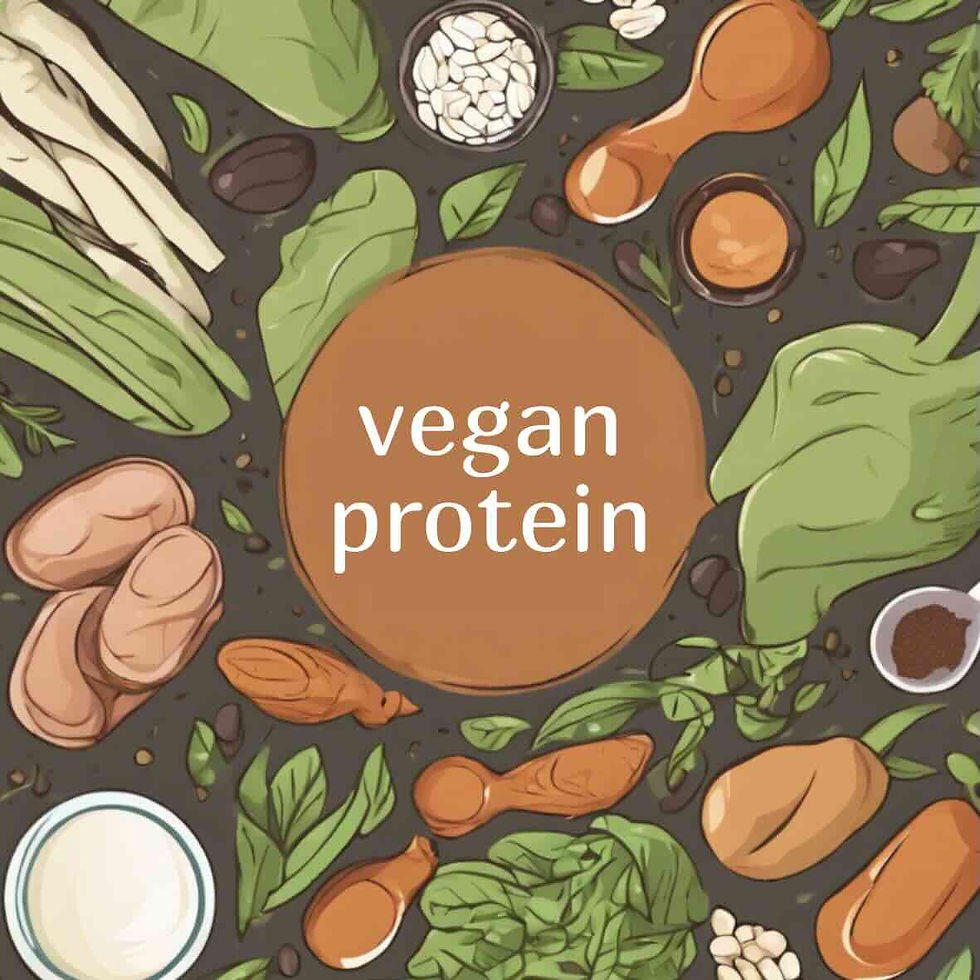Defining terms: Plantful, Whole-Food Plant-Based, Vegan, and more
- plantfulhabit

- Dec 10, 2024
- 2 min read
Updated: Jan 11, 2025
Words matter! Vegan. Whole-Food, Plant-Based. The very name of this website: Plantful Habit. But especially when you’re starting off your plant-based journey, it can be hard to know what these terms mean, and how they relate to one another.
Terms
Here’s your guide to the terms you’ll see around here, and maybe elsewhere, on your plantful journey.
Plantful
Our take on whole food, plant-based eating, with a focus on simplicity. A plantful plate is anything but boring, and it’s so full of tasty plant-based foods that it doesn’t have much room for much else. We’re echoing WFPB (below) in our approach, but trying to personalize it to be as user-friendly as possible so that eating a plant-rich diet is accessible to as many people as possible.
Whole food, plant-based (WFPB)
Whole food, plant-based (WFPB) eating maximizes intake of vegetables, fruits, whole grains, nuts, seeds, and fungi, while minimizing the harm from excess salt, sugar, oil, and processed food. Coined by pioneer T. Colin Campbell through his work on The China Study and popularized by Forks Over Knives, you’ll see WFPB everywhere these days! Read more here.
Vegan
This term encapsulates an ethical and lifestyle approach that avoids all products and foods made from animals or animal byproducts. Vegans abstain from eating meat and fish but also from products like leather, dairy, and honey. Veganism has many benefits to human health, reduces environmental impact, and protects needless animal harm.

However, developing a plantful habit doesn’t require going fully vegan like we have, nor does veganism require a plantful diet (Oreos are vegan and pretty tasty but are not exactly a whole food). We see plantful, WFPB, and vegan as complementary terms optimizing for different goals. At Plantful Habit, our hope is you'll be encouraged to adopt plantful eating no matter what your goals are or how rigid you want to be.
Others
While learning about plantful eating, you’ll likely run across other plant friendly terms like:
Nutritarian (Dr. Joel Fuhrman), which maximizes nutrients per calorie
Blue Zones eating (Dan Buettner), which emulates the diets of the regions around the world with the most centenarians
SOS-free, a WFPB principle to avoid salt, oil, and sugar
Fruitarian, a subset of the vegan diet primarily consisting of fruit
Flexitarian, predominantly plant based but occasionally includes animal products

Summary
Plantful, WFPB, vegan.... no matter where you start and where you end up, we hope unpacking these terms a little bit helps you make sense of the vast (and delicious!) plant-based world. Happy exploring!
Peace, love, and plants,
John & Heather








